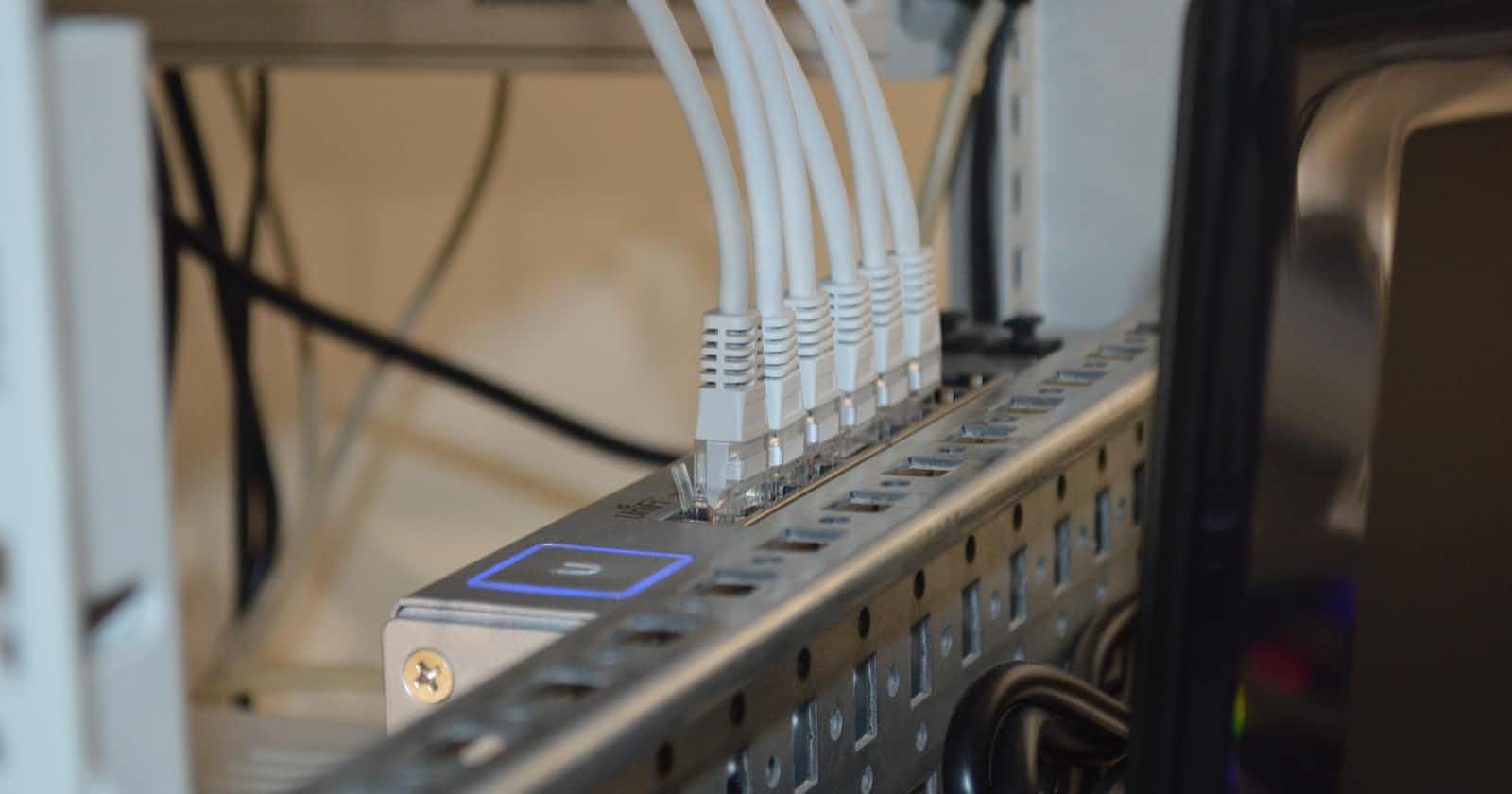Introduction:
In an era dominated by the internet, it's difficult to imagine a world without it. The internet has revolutionized the way we communicate, do business, gather information, and entertain ourselves. However, what if this vast network of connectivity that we heavily rely on suddenly collapsed? What if all our digital lives were thrown into disarray? According to a startling prediction by NASA, an internet apocalypse might be on the horizon, and its consequences could be catastrophic.
The Vulnerability of the Internet:
The internet, despite its seemingly omnipotent presence, is not impervious to threats. NASA warns that the current infrastructure supporting the worldwide web is vulnerable to a multitude of risks. Cyberattacks, natural disasters, solar flares, and even a potential space debris collision could cripple the internet as we know it. This vulnerability, coupled with our increasing dependence on the internet, creates a perfect storm for potential devastation.
The Catastrophic Impact:
If the internet were to collapse, the consequences would be far-reaching and severe. Our reliance on email, online banking, e-commerce, and cloud-based storage would be disrupted, leading to chaos in various sectors. Businesses would suffer massive financial losses, and the global economy would be severely impacted. Communication channels would be severely limited, hindering the exchange of information and potentially causing panic. Moreover, the loss of data stored on the cloud could result in irreparable damage to personal, corporate, and governmental records.
The Domino Effect:
The internet apocalypse would not only disrupt our personal and professional lives but also impede essential services on a global scale. Critical infrastructure such as power grids, transportation systems, and emergency services rely heavily on internet connectivity. Without the internet, these crucial services would be compromised, endangering public safety and well-being. Governments would struggle to maintain law and order, and public trust in institutions could be severely eroded.
Preparing for the Worst:
While the notion of an internet apocalypse may seem bleak, NASA's prediction serves as a stark reminder to be prepared for potential scenarios. Governments, organizations, and individuals must take measures to enhance internet infrastructure resilience. This includes implementing robust cybersecurity measures, developing contingency plans, and investing in alternative communication systems. It is crucial to diversify our reliance on a single network and explore decentralized technologies that can withstand catastrophic events.
Conclusion:
The internet apocalypse predicted by NASA is a wake-up call to the fragility of our digital world. As society becomes increasingly interconnected, the potential impact of a collapse in internet connectivity cannot be underestimated. By acknowledging the vulnerabilities and taking proactive steps to fortify our systems, we can mitigate the risks and ensure a more resilient future. The time to act is now, as the consequences of an internet apocalypse are too grave to ignore.

